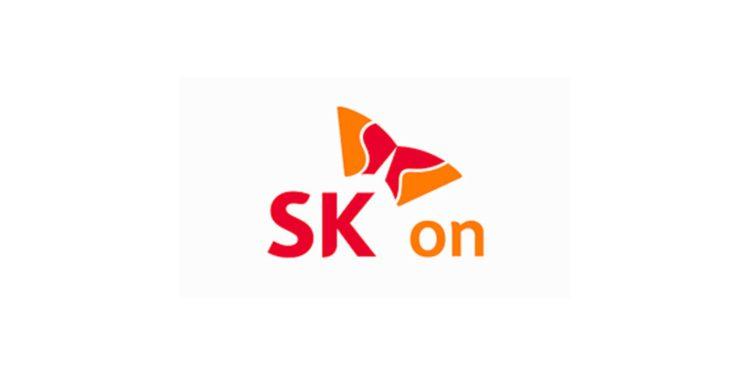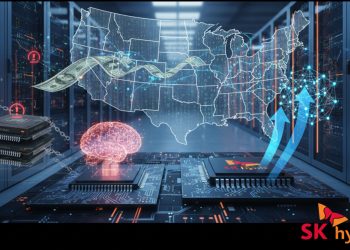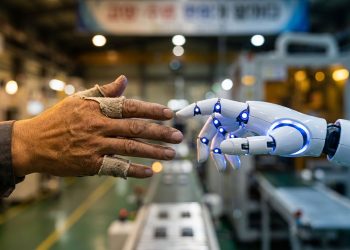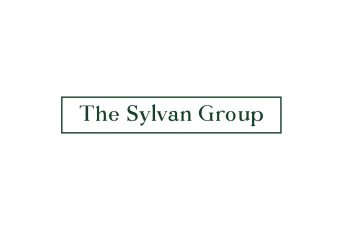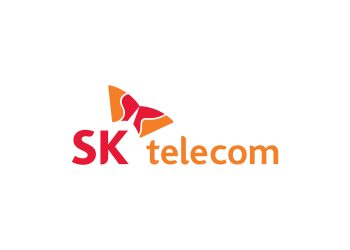The electric vehicle (EV) battery manufacturer SK On has declared a state of crisis due to disappointing EV sales in Europe and the US This announcement follows a series of cost-cutting and operational adjustments initiated by Chief Executive Lee Seok-hee, who described the situation as “emergency management” in a letter to employees, according to the Financial Times.
SK On has faced financial challenges, recording losses for ten quarters in a row since it separated from its parent company in 2021. Despite being a leading player in the EV battery market, it trails behind competitors.
During this period, SK On’s net debt surged from Won2.9 trillion ($2.1 billion) to Won15.6 trillion. Western EV sales fell short of expectations, revealing the depth of its financial struggles. To address these challenges, Seok-hee implemented emergency measures, emphasizing the urgency of the situation by stating, “We have our back against the wall.”
Discussions within the SK Group conglomerate have explored more radical solutions to navigate this crisis. One such option under consideration is merging SK On’s parent company, SK Innovation, with SK E&S, the group’s profitable energy affiliate specializing in liquid natural gas production. This potential merger is expected to be a key topic at the upcoming board meetings this month.
SK On’s aggressive investments in the US and Europe to capitalize on the anticipated boom in EV demand have yet to yield the expected returns.
The company has announced extended layoffs at its plant in Georgia and delayed the launch of a second plant in Kentucky, a joint venture with its principal US customer, Ford.
While Chinese companies CATL and BYD dominate the global battery market with a combined share of 53.2%, South Korean firms like LG, SK, Samsung SDI, and Japan’s Panasonic are expected to capture growth opportunities in Western markets.
According to the Financial Times, efforts in Washington and Brussels to curb the influx of Chinese batteries have created a window of opportunity for non-Chinese battery manufacturers, including SK On, which has benefited from subsidies under President Joe Biden’s Inflation Reduction Act.
However, Tim Bush, a Seoul-based battery analyst at UBS, noted that South Korean battery makers have been “badly let down” by US car manufacturers. These manufacturers have struggled to produce EVs appealing enough to meet their sales projections. For instance, General Motors had forecasted selling 1 million EVs by 2025 but sold just 21,930 units in the second quarter of this year.
Also Read:
- KT Corp. Launches Upgraded Genie TV Tab 3 with Enhanced Features
- Hanwha Systems to Launch Five Hyperspectral Satellites by 2028
- LG Expands AI Home Connectivity with Major Stake in Athom
- Reviving Operations: SK Group’s $75 Billion Investment in AI and Chips
- SK Hynix Unveils High-Speed PCB01 SSD for AI PCs

